Luther College reduces greenhouse gas emissions by 72%
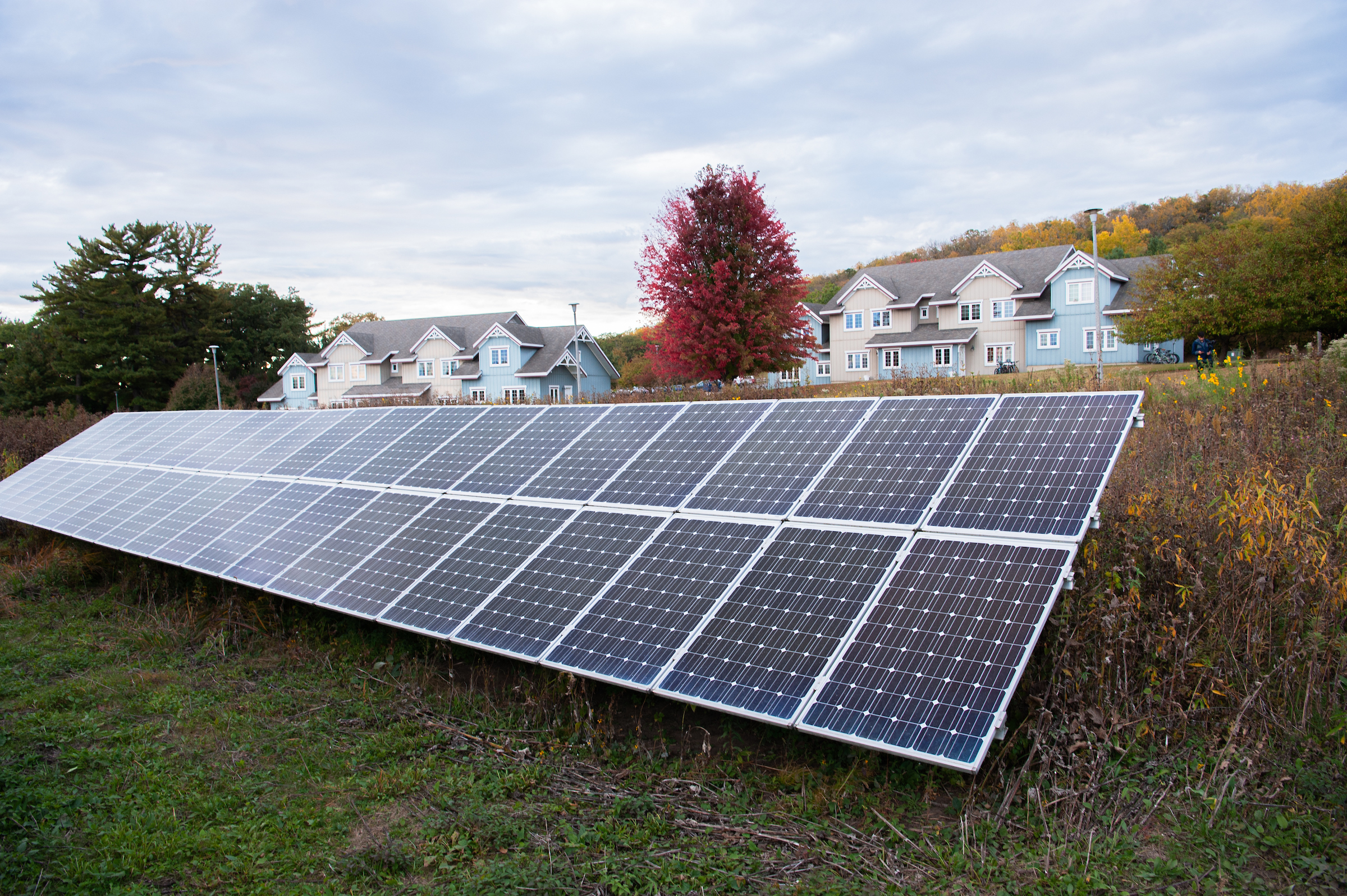
Baker Village is the first part of the Luther Campus that is carbon neutral. Due to net metering, geothermal energy from the earth and electrical power produced from the sun provide all of the energy utilized at Baker Village.
Luther College is announcing that the institution has reduced its greenhouse gas emissions by more than 72% since its baseline was established in 2003. Achieving this milestone puts the college on track to achieve carbon neutrality by 2030.
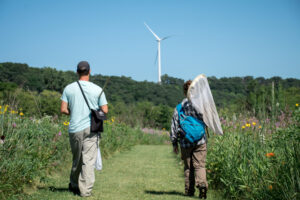
“Our mission at Luther calls us to practice joyful stewardship of the resources that surround us. As we celebrate this achievement, I can’t think of a better example to demonstrate how we’re living into that. This work distinguishes us as a college, and while many of our peer institutions are coming to the party now, we have been leaders in this space for some time, in part due to the commitment of many in our present campus community, those who have gone before us, and our community partners,” said President Jenifer K. Ward.
Several projects on campus contributing to this success include
- Installation of the wind turbine (2011)
- Luther’s first solar array (2011)
- Steam pipe insulation project (2015)
- Preus Library LED lighting upgrades (2019)
- Solar array added with battery storage (2020)
- Additional LED lighting upgrades (2022)
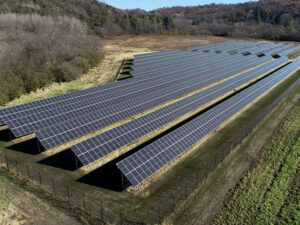
The Luther College Wind Turbine, affectionately known as “Darryl,” generates one-third of the college’s electricity. Several large solar arrays also have a large impact on reducing the college’s carbon footprint. 53% of Luther’s electricity comes from renewable power sources (wind and solar) generated on campus.
“But it’s just as much about the little things,” said Jon Jensen, director of the Center for Sustainable Communities at Luther College. “That is changing out lights to LED and everybody on campus doing their part to reduce their energy usage where they can. That combination of big projects and accumulated small actions has allowed us to get to this point.”
Luther College students contribute to these energy reduction efforts each day. Grace Parrott is an environmental studies major who volunteers in the Caf to Community program. She works to keep excess food out of the landfill and onto the tables of those who need it.
“I want to do my part because I like to enjoy the environment. I love to be outdoors and I recognize that it’s really important to take steps now instead of waiting to take action to mitigate climate change. This work Luther is doing is really inspiring to me,” said Parrott.
I want to do my part because I like to enjoy the environment. I love to be outdoors and I recognize that it’s really important to take steps now instead of waiting to take action to mitigate climate change. This work Luther is doing is really inspiring to me.
Grace Parrott '24
Cole Barrett is majoring in environmental studies and Nordic studies at Luther. He assists in lowering college emissions, in part, by taking shorter, cooler showers and turning off the lights.
“I’m interested in the fact that this is about more than just for our generation. If we want to continue living the way we want to live, it’s important to reduce our carbon footprint,” said Barrett.
Luther also supports wind energy projects in nearby Mitchell County, Iowa. In return for this financial support, Luther receives renewable energy certificates (RECs), which contribute to the reduction of the college’s carbon footprint.
Luther has self-imposed restrictions on its use of RECs, however. “Some claims to be carbon neutral are totally based on purchasing RECs,” said Jensen. “Luther made a commitment years ago to limit our use of offsets to no more than 25% of our reductions and to only use RECs from known projects within our region.”
Next steps
To bridge the gap between 72% and 100% carbon neutrality, the college is in the beginning stages of two long-term projects.
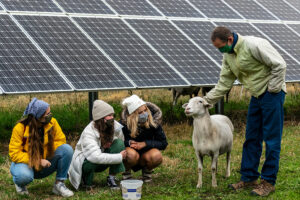
Part of Luther’s Energy Master Plan is to convert all campus buildings to geothermal energy, a type of renewable energy taken from the Earth’s core. Luther leaders are working with engineers on the details of the 10-year plan. The goal is to complete phase one of the project in the next two years. Currently, Baker Village and the Center for the Arts run on geothermal energy.
College leaders are also discussing the possibility of adding another large solar field in the future.
“2030 is our carbon neutrality goal and it still feels possible. I would say the closer you get to the end, the harder it gets, so we need to be able to make those things happen. But, I am optimistic that the folks who are working on this and some of the plans that we have make it possible for us to make that 2030 goal,” said Jensen.
I am optimistic that the folks who are working on this and some of the plans that we have make it possible for us to make that 2030 goal.
Jon Jensen, director of the Center for Sustainable Communities
Luther College is a leader in sustainability
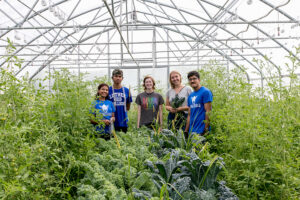 In 2022, the Association for the Advancement of Sustainability in Higher Education (AASHE) named Luther College the fourth best baccalaureate institution in the nation for its efforts in sustainability. The Sustainable Campus Index is a comprehensive and independent assessment that includes hundreds of schools. Luther is ranked number nine among all colleges and universities in the nation in the Curriculum category. 37% of all courses include a sustainability component and 100% of departments have sustainability course offerings. Visit the Center for Sustainable Communities website for more information about Luther’s efforts in sustainability. The Climate Action Plan details how the goal of carbon neutrality came about.
In 2022, the Association for the Advancement of Sustainability in Higher Education (AASHE) named Luther College the fourth best baccalaureate institution in the nation for its efforts in sustainability. The Sustainable Campus Index is a comprehensive and independent assessment that includes hundreds of schools. Luther is ranked number nine among all colleges and universities in the nation in the Curriculum category. 37% of all courses include a sustainability component and 100% of departments have sustainability course offerings. Visit the Center for Sustainable Communities website for more information about Luther’s efforts in sustainability. The Climate Action Plan details how the goal of carbon neutrality came about.
About Luther College
At Luther College in beautiful Decorah, Iowa, students explore big questions and take action to benefit people, communities and society. Our academic programs, experiential approach to learning and welcoming community inspire students to learn actively, live purposefully and lead courageously for a lifetime of impact. Learn more at luther.edu.
Related Posts
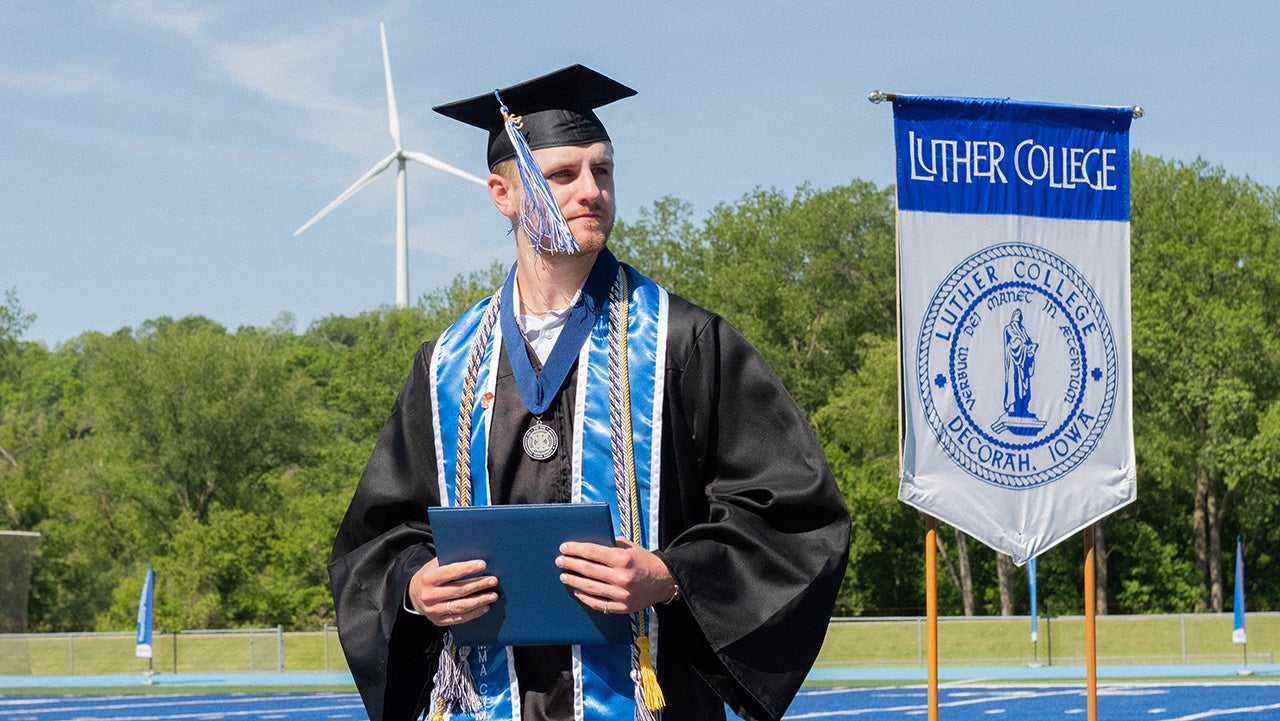
President Brad Chamberlain said “I am excited by how the institutional commitments represented in the Luther Promise will strengthen our partnerships with students and their families.”
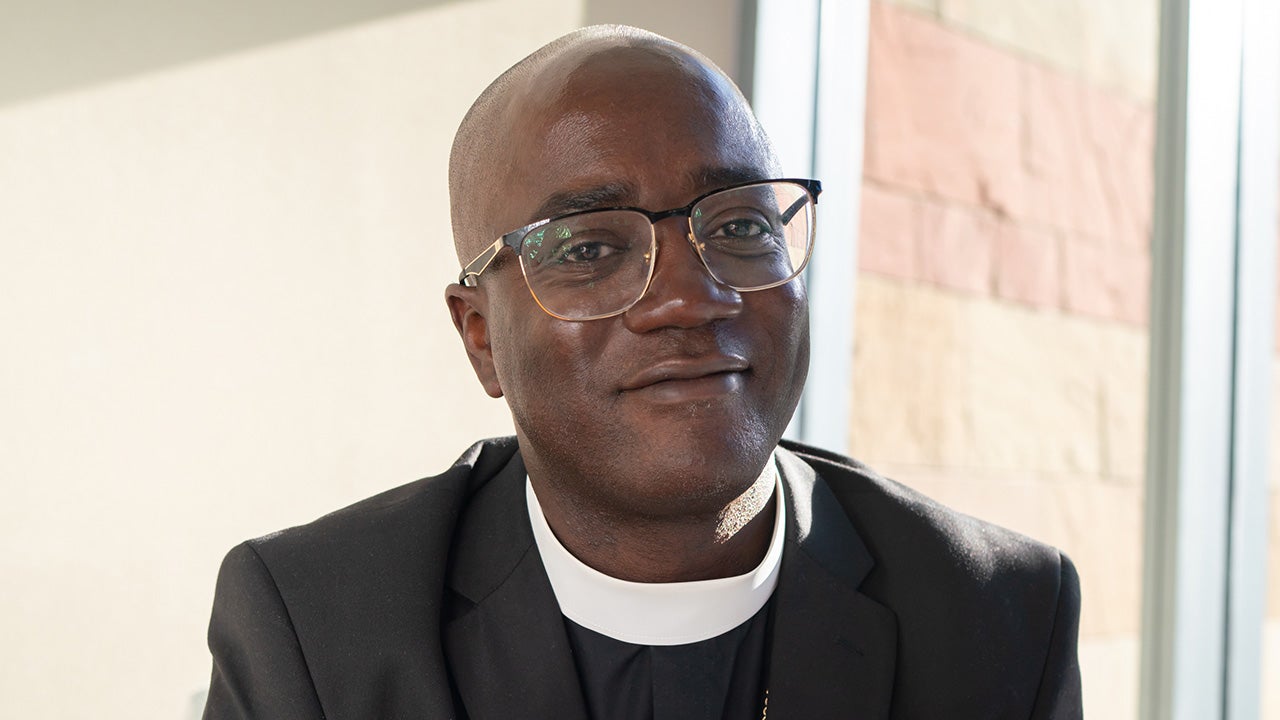
Curry will highlight the theme of “Courage for the Common Good” in the shared legacy of Martin Luther King Jr. and Martin Luther, both of whom confronted injustice and uplifted people.
Contact Information
Michelle Volkmann
Media Relations Specialist
Phone: 563-387-1417